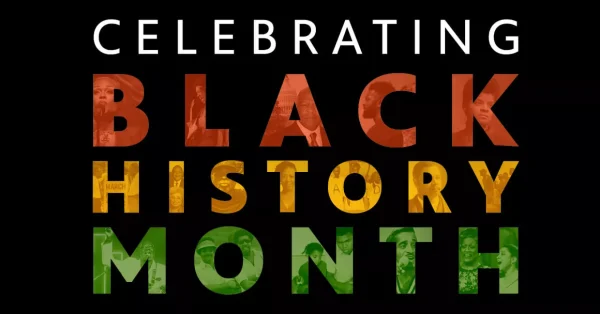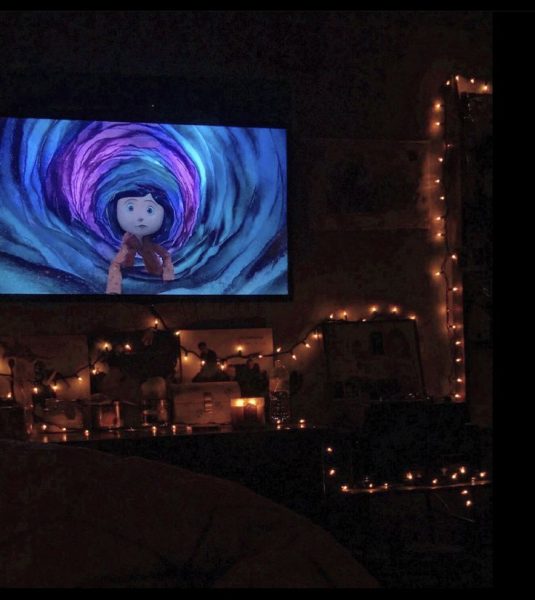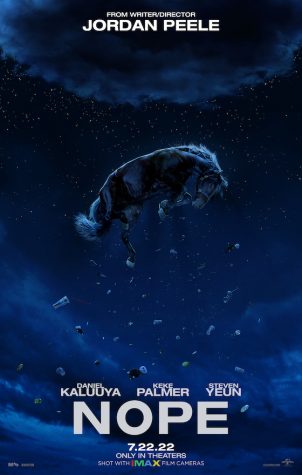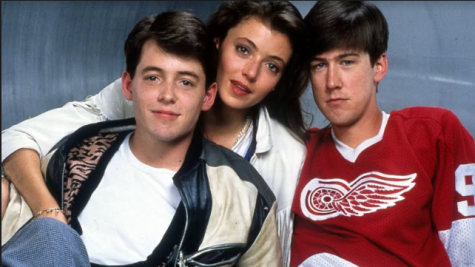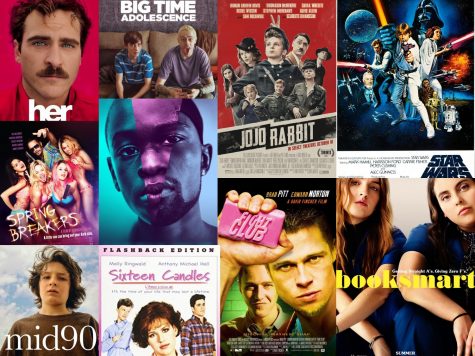Psychological Movies To Add To Your Watchlist

In the world of film, the ideal goal is to produce something that will hold on to the viewer’s attention and leave them thinking about it long after the movie is over. It takes great skill to achieve this reaction out of an audience, where well-developed characters and complex storylines make this possible. Every director would love to get this reaction out of an audience, but one genre almost always accomplishes this: Psychological movies. They leave viewers shocked, or even second guessing life and the capacity of the human mind.
Thrillers, romance, drama, all genres of film can have psychological elements. For example, Fight Club. The movie encompasses components of action and drama, but the main focus is the mental state and life of The Narrator, who remains unnamed. Critics of the movie describe it as, “an outrageous mixture of brilliant technique, puerile philosophizing, trenchant satire and sensory overload”… (Newsweek 2018). Despite the complexity of the ideas in this film, they are also very real and show attention to the severity of mental disorders and other illnesses, and how they affect the person diagnosed with them, as well as their relationships and environment. Movies within this genre create stories around controversial ideas in society and pop culture, where addressing mental illness in film or literature causes mixed reactions. However, in today’s society this usually isn’t the case. In Fight Club, which was released over twenty years ago, the protagonist played by Edward Norton has insomnia and is portrayed to have dissociative identity disorder, where he has more than one personality.
Another notable film with similar plot ideas is Olivia Wilde’s Don’t Worry Darling (2022) starring Harry Styles and Florence Pugh, where there is a major plot twist at the very end of the film–also similarly seen in Fight Club. Without giving spoilers, viewers of Don’t Worry Darling were shocked and confused once it was revealed what was actually was happening throughout the film; being an “entertaining thriller replete with well-built tension…” according to this Buzzfeed review.
Both of these films cover the same topics. Fight Club would not necessarily be considered a psychological thriller, but popular films such as Darron Aronofsky’s Black Swan, Martin Scorcece’s Shutter Island, and Parker Finn’s Smile contain thriller elements. However, not all psychological movies have to be thriller or horror. Oscar-winning The Eternal Sunshine of the Spotless Mind is more appealing to lovers of sci-fi and romance, where a couple decides to undergo a medical procedure to erase their memories of each other after a detrimental and heartbreaking breakup. David Fincher’s Gone Girl was also very popular amongst viewers, winning the Critic’s Choice Movie Award for Best Adapted Screenplay in 2015–directed by the same guy responsible for Fight Club. Topics regarding behavior and psychological processes identify characters in these types of films, where many of these characters are mentally unstable.
According to How To Write A Psychological Thriller , psychological thrillers often include elements of “mystery and include themes of crime, morality, mental illness, substance abuse, multiple realities or a dissolving sense of reality, and unreliable narrators.” Unreliable narrators create suspense, where the viewer feels uneasy about who to trust. For example, if the narrator has a foggy memory of past events or if they are hiding something from the audience or other characters. This also can help create a major plot twist. All movies that have been previously mentioned are definitely worth the watch, and capable of leaving the viewer asking questions.



